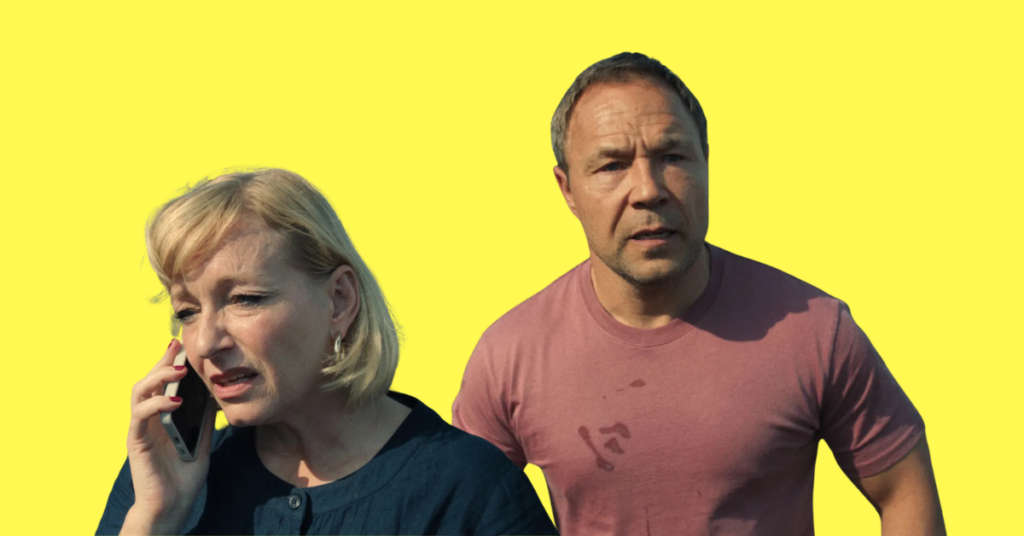
We talk to young people all the time - here’s how to tackle the issues of Adolescence
Netflix’s new drama Adolescence makes it seem like the challenge of supporting young people in the digital age is insurmountable. Don’t worry: it isn’t. Fumble, award-winning experts in the digital age, have the answers
A timely vision of some of the very real challenges young people face growing up in a digital age, Adolescence – a new Netflix drama starring and co-created by the luminous Stephen Graham – asks an urgent question: how do we take action to support young people in the ever-shifting, often unsafe digital age?
We at Fumble, multi-award-winning UK sex education charity, know the answers, because we’re leading the way in supporting young people’s social and emotional development in the digital age – and we talk to young people about these realities all the time.
Here are the four things we need to tackle right now.
1. Tackle predatory tech
First, we need to tackle the predatory algorithms that do run amok online, pushing adverts and content on users. The Online Safety Act is in its final phases, and we at Fumble hope to see it robustly enforced.
The problem isn’t the online world and young people’s digital lives; young people consistently tell us their digital worlds are as important to their health, wellbeing and relationships as their offline realities.
The problem is the toxic architecture and deliberately exploitative design of the platforms. We need regulation of the platforms – not the users. If Keir Starmer is serious about what he has said in PMQs & Downing St over the past couple of weeks, let’s see action here.
2. Digital boundaries – for all
Second, we need digital boundaries (for all). We all use the online world all the time, it’s part of the fabric of reality. Digital literacy and emotional literacy are essential skills needed to navigate the digital age healthily – and (if we’re honest with ourselves) it’s not just young people who struggle here.
Support with these skills is urgently needed for all, and we’re developing pioneering resources on digital boundaries at Fumble.
3. Trusted adult? Time to step up
Third, relatedly, is the role of trusted adults – teachers, parents, grandparents, aunts, uncles, faith leaders, sports coaches, etc – we’re all collectively responsible for young people and we need to step up.
Obviously, Adolescence depicts an extreme outcome of the current reality that young people face, but any individual child is unlikely to encounter something like this – it is, after all, a TV drama. But it’s great it’s sparked this much needed conversation, highlighting that right now, the adult generation are not doing enough.
Fumble’s masterclass for adults that directly tackles the issues laid out in Adolescence is available on-demand right now, and we’ve taken it out of behind our paywall for a limited time.
4. Listen to young people 📣
Fourth and final thing we can and must do now to support young people is listen to young people. This is the biggie.
“Don’t say ‘just don’t go online’ because adults wouldn’t do that if something happened in the real world. If you got followed home, it’s not like [they would say]: ‘Hey, stop leaving the house.’”
So says a 15-year-old girl quoted in recent research by Fumble’s trustee, Dr Emily Setty, associate professor at the University of Surrey.
We know it can feel alluring, the idea of ‘smartphone free childhoods’ – but there is no one quick fix
The reality we face is far more complex and nuanced, and our response must be alive to that.
We started Fumble as a grassroots group of young women in our twenties in the UK, motivated to tackle the new and challenging ways violence against women plays out in a digital age.
Support Fumble to work alongside young people to safely, appropriately, and impactfully tackle it all:
 fumble.org.uk/support/
fumble.org.uk/support/
Featured by...

